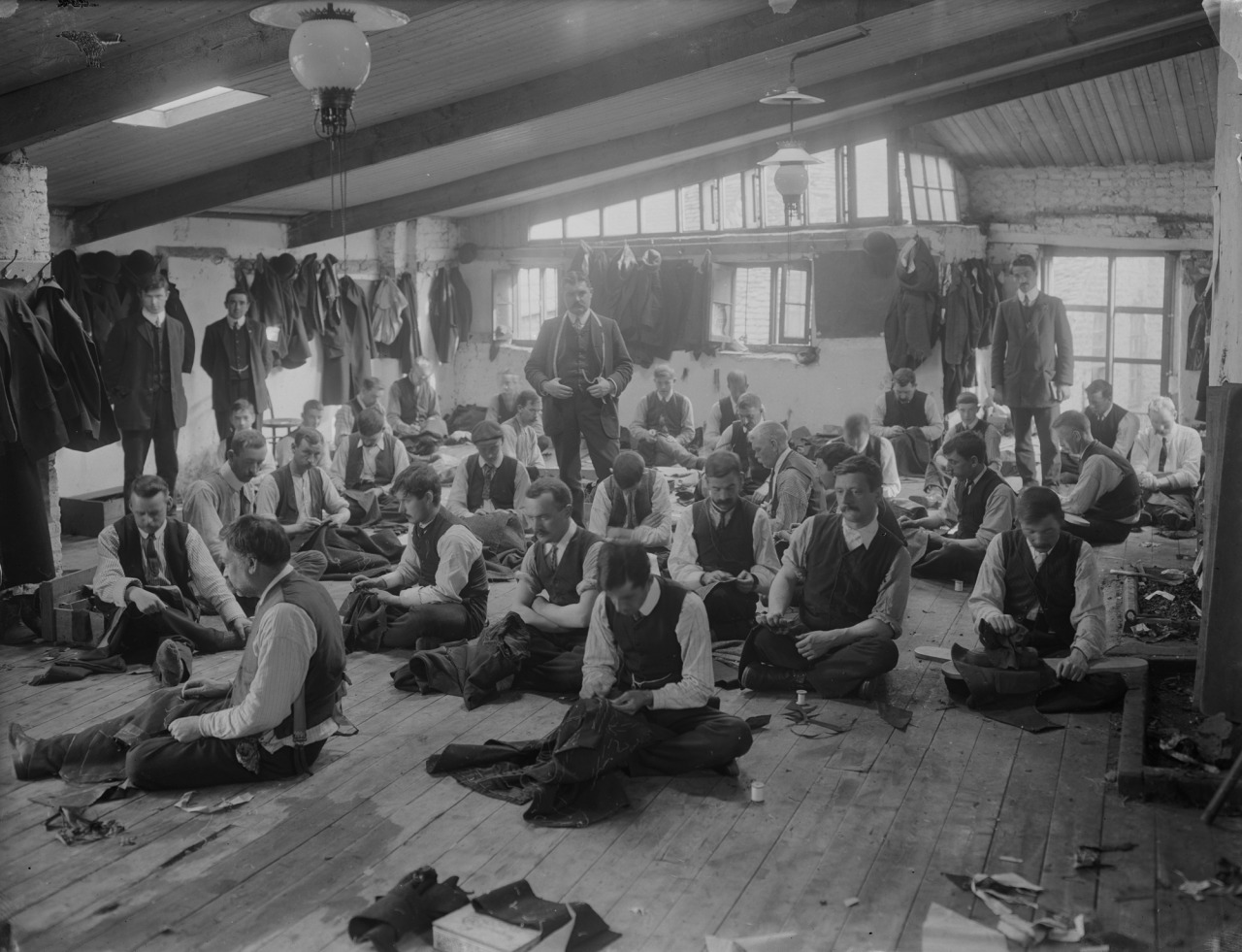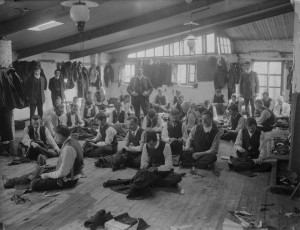
Very pleased to bring you our second installment of the 5 Questions series. Today's post features Daniel Wong the author of The Happy Student; 5 Steps to Academic Fulfillment and Success. You'll be intrigued by his insights on students and the issues around happiness.
What percentage of students in high school and college are happy?
As an education excellence coach and speaker, I've had the privilege of speaking to and working with thousands of students. A majority of students tell me that they're simply not happy! I estimate that only 5% of students say they're happy.
Just to be clear, when I say "happiness" I'm not just referring to a temporary emotion. I'm referring to something you experience at a much deeper level even when you don't feel very cheerful. I'm talking about long-lasting fulfillment.
I believe the main reason students are unhappy is that they feel "forced" into education. They feel like they have to do their homework, have to participate in extracurricular activities, have to study for exams. Teachers and parents don't commonly encourage students to take full responsibility for their education, so students don't feel like they have a choice.
But if you want to be a great student— or great at anything, really— you need to make a conscious choice. No one can force you into becoming great! Even the most well-meaning teacher or parent can't force a student to become a great one. We need to empower students to commit to their own success, instead of trying to nag or coerce them into becoming successful.
Based on your experiences what makes most students unhappy?
Students become unhappy by trying to run the race that other people want them to run, instead of deciding to run their own race. It's easy to give in to peer pressure and to "go with the flow," but if you do that, you're trying to find happiness on other people's terms. Placing your happiness in the hands of others definitely isn't the way to become a happy student.
Students need to define success for themselves, rather than just accept society's definition of success.
What connection should be made between the state of happiness, or unhappiness, in students and career aspirations?
When students don't ask themselves what's truly important to them, they end up pursuing the things that other people tell them is important. This is true when it comes to what classes they choose to take, and even what career they choose to pursue.
I've spoken to many students who are pursuing a particular course of study just because other people think it's a good idea. That's a recipe for unhappiness in the long-term!
People who haven't learned how to find enduring happiness as a student will potentially become unhappy workers, and even unhappy parents. The problem of unhappy students is one that we cannot ignore.
Happy students are much more likely to discover their passion and their calling, which will lead to more happiness and success in their careers and beyond.
Is happiness a choice?
Yes, happiness is a choice, much more than it is a feeling. Besides, when we think of the people we admire and respect the most, we'll probably realize that they are people who have done many things to make themselves unhappy in the short term. But in the long term, they became people of courage, commitment, conviction and character. These are the things that contribute to your happiness in the long run.
So happiness really is a matter of making day-to-day decisions that will result in you becoming a bigger person who will be able to add more value to other people's lives. At the heart of it, happiness isn't just a personal thing.
Where in the world are students most happy?
That's not an easy question to answer, because even though I've had the opportunity to travel to many different countries, I haven't been to every country in the world.
But I have observed that the happiest students are the ones who are given plenty of freedom to explore and discover. I think it's a sad fact that the longer students are in school, the less curious they become! Students who are encouraged to develop a spirit of curiosity— rather than a spirit of competition— are the ones who end up the happiest and also the most successful.
We live in the Information Age where there's so much knowledge available online. Education shouldn't be about forcing students to memorize facts and equations— you could easily find that information on Google or Wikipedia. Education should be about teaching students to care— to care about what they're learning and doing, and to care about the world around them.
The happiest students are the ones who have learned to care.








